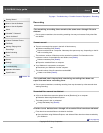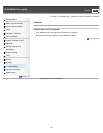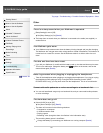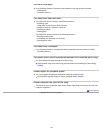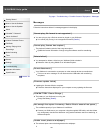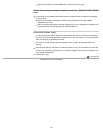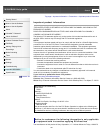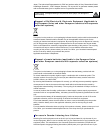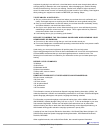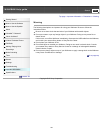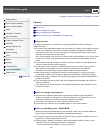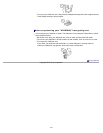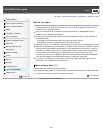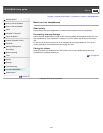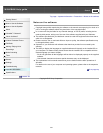
equipment by playing it at a safe level; a level that lets the sound come through clearly without
annoying blaring or distortion and, most importantly, without damaging your sensitive hearing.
Sound can be deceiving. Over time your hearing “comfort level” adapts to higher volumes of
sound. So what sounds “normal” can actually be loud and harmful to your hearing. Guard against
this by setting your equipment at a safe level BEFORE your hearing adapts.
TO ESTABLISH A SAFE LEVEL:
Set your volume control to the lowest level where you can hear the music comfortably and
clearly. Prolonged exposure to anything over 85 decibels can cause gradual hearing loss.
Once you have established a sound level where you can hear the audio comfortably, clearly
and without distortion, set the dial and leave it there.
See if your music player has a volume limiter that allows you to set a safe listening level by
establishing a maximum volume level on your player. This is a great solution for parents to
ensure their children listen at a safe level.
Limit listening time to give your hearing “quiet breaks.”
BE SURE TO OBSERVE THE FOLLOWING GUIDELINES WHEN WEARING YOUR
HEADPHONES OR EARBUDS:
Do not turn up the volume so high that you can’t hear sounds around you.
Do not use headphones or earbuds while operating a motorized vehicle; it may create a traffic
hazard and is illegal in many areas.
Used wisely, your new sound equipment will provide years of fun and enjoyment.
Since hearing damage from loud noise is often undetectable until it is too late, this manufacturer,
CEA and ASHA recommend that you avoid prolonged exposure to excessive noise. The
following list of sound levels is included for your information so that you can better protect your
hearing.
DECIBEL LEVEL EXAMPLES:
30 Whisper
40 Quiet room
50 Moderate rainfall
60 Normal conversation
70 Busy traffic, vacuum cleaner
80 Alarm clock
CONSTANT EXPOSURE TO THESE NOISES CAN BE DANGEROUS:
90 Lawn mower, motorcycle
100 Chain saw
110 Rock concert
120 Jet plane takeoff
130 Jackhammer
140 Firecrackers
This information courtesy of the American Speech-Language-Hearing Association (ASHA), the
national professional, scientific and credentialing association for more than 135,000 audiologists,
speech-language pathologists, and speech, language and hearing scientists.
For information on protection against noise-induced hearing loss, call the ASHA Action Center
(800-638-8255), Monday through Friday, 8:30 a.m. to 5 p.m. To find an audiologist in your area,
visit www.asha.org/findpro. Parents can find helpful information about how to protect their
children’s hearing and how to teach them about safe listening at www.listentoyourbuds.org, an
ASHA award-winning public education campaign sponsored in part by CEA.
A safety tip from the Consumer Electronics Association, 1919 South Eads Street, Arlington, VA
22202 and the American Speech-Language-Hearing Association, 2200 Research Boulevard,
Rockville, MD 20850.
Other supplied manuals, such as Quick Start Guide, also contain important information.
Go to page top
Copyright 2012 Sony Corporation
197



